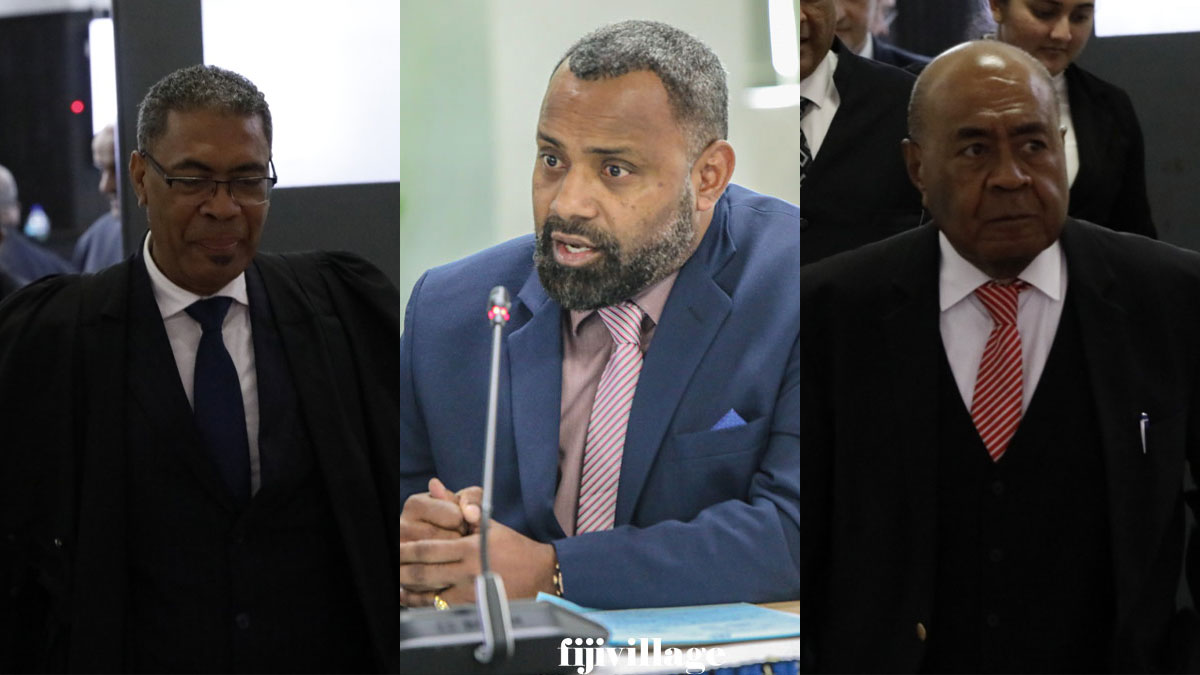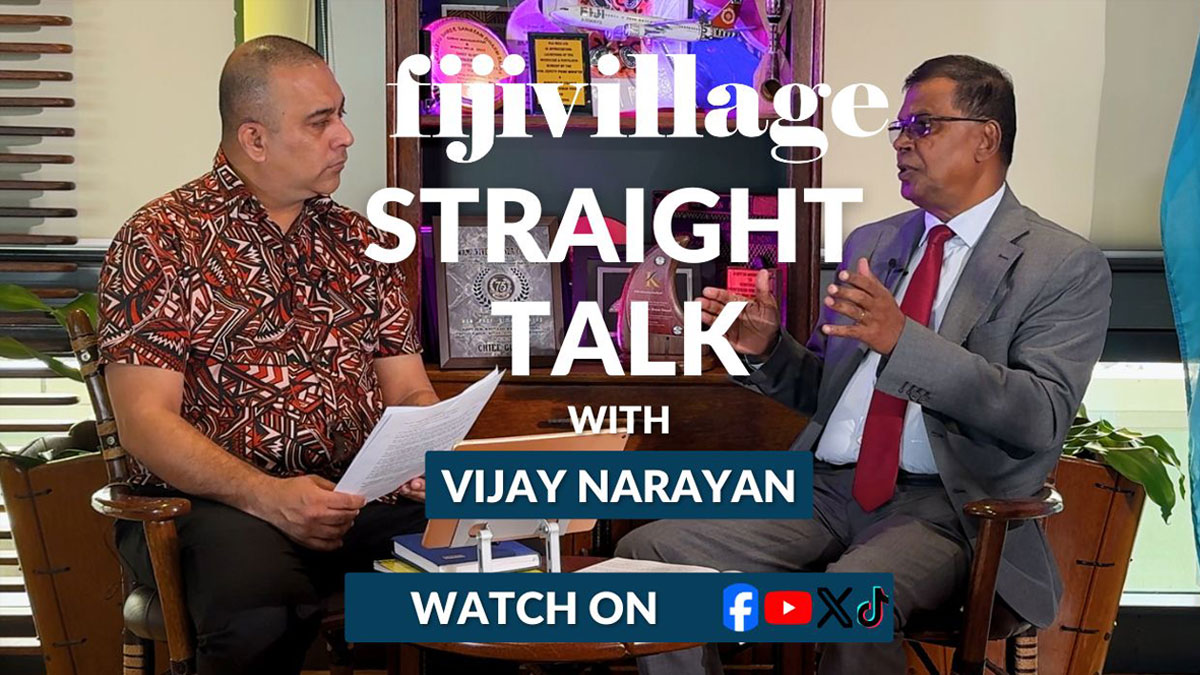
Feizal Haniff who is representing the Cabinet through the Solicitor General's Office says Acting Director of Public Prosecutions John Rabuku and Justice Alipate Qetaki are not eligible to the appointment.
He made this submission as the Supreme Court heard the matter today where Cabinet has made a referral to the Court concerning the interpretation of section 105(2)(b) of the Constitution, in particular, whether an Independent Legal Services Commission finding in a disciplinary proceeding instituted against a legal practitioner, is consistent with the intended finding of guilt in the constitutional provisions.
This opinion will determine the interpretation on whether a person found guilty by the Independent Legal Services Commission is disqualified or eligible to take up positions like a judge, the Attorney General and the DPP.
Haniff is questioning the validity of the appointment.
He says those making the appointment have the discretion or the flexibility to be governed by a principle and then decide on the appointment depending on what application they have received.
Haniff agreed with Justice Brian Keith that the phrase 'found guilty of any disciplinary proceeding' in Section 105(2)(b) of the Constitution, is not proper English.
He says ‘guilty of disciplinary proceedings’ means being found guilty of a disciplinary offence in a disciplinary proceeding.
The lawyer for the Judicial Services Commission, Semi Leweniqila says Rabuku and Justice Qetaki are eligible to be appointed to the positions.
Leweniqila says Rabuku and Justice Qetaki's names are not on the discipline register.
King's Counsel Martin Daubney who represents the Fiji Law Society which were served to provide submission in the matter, says Rabuku and Justice Qetaki were not qualified for appointment under the Constitution to the respective offices.
He says it is clear that the government and Fiji Law Society are in heated agreement in respect to the interpretation and application of the Constitution.
Justice Brian Keith says that Justice Qetaki's charge was very trivial as he opened a bank account after being told by the bank to do so.
Daubney says no orders were entered by the Independent Legal Services Commission and according to the provision, being found guilty is not the same as being sanctioned.
He further asks what might the consequences be if the ruling is in their and Haniff's favour.
The King's Council says the court in a constitutional matter in 2007 or 2008 had decided in late former Prime Minister Laisenia Qarase's favour but the next day, the Constitution was abrogated.
Justice William Young says he would like to think we are not quite in that territory.
Human Rights and Anti Discrimination Commission Chair and legal representative, Parvesh Sharma says they are eligible to be appointed to those positions.
Justice Qetaki's lawyer, Anil Singh says the Independent Legal Services Commission had ruled that no sanctions were to be filed against the judge and the Chief Registrar was directed not to put it in the discipline register.
He says the register is conclusive as it keeps the records of any adverse findings.
Singh says in Justice Qetaki's proceedings, the bank had admitted their mistake and that Justice Qetaki was not at fault.
According to Section 105(2)(b) of the Constitution, a person is not qualified for appointment as a Judge unless he or she has had not less than 15 years post-admission practice as a legal practitioner in Fiji or in another country prescribed by law, and has not been found guilty of any disciplinary proceeding involving legal practitioners whether in Fiji or abroad, including any proceeding by the Independent Legal Services Commission or any proceeding under the law governing legal practitioners, barristers and solicitors prior to the establishment of the Independent Legal Services Commission..
Cabinet says the provisions of the 2013 Constitution on the disqualification from office for potential members of the Judiciary, and holders of the position of Director for Public Prosecutions and other constitutional offices have been a matter of public discussion and disagreement, including between the Fiji Law Society and the Acting Chief Justice.
Justice Sir Terence Arnold, Justice Brian Keith and Justice William Young are presiding over the matter.
The Supreme Court will deliver their opinion next Friday.
Stay tuned for the latest news on our radio stations

